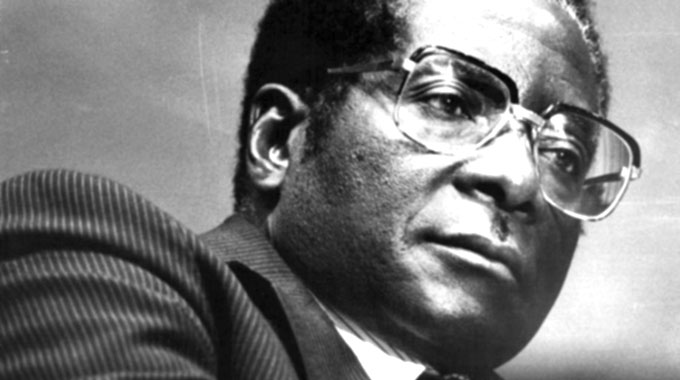National Archives gets 10 000 papers, books a year

The Rhodesia Herald, 23 August 1969
ABOUT 10 000 copies of newspapers, magazines and other serial publications arrive at the National Archives, Salisbury every year.
They come in at the rate of about 30 a day, and are processed by one person, Miss Anne Capon.
She files and marks them and builds up complete sets of works, a never-ending job. In addition, about 600 new books are handled a year.
Today, this long-term programme has resulted in a collection of almost 34 000 books of Rhodesiana in the Archives reference library.
There, in what is in fact the country’s national library, all literature emanating from, or dealing with Rhodesia, irrespective of author, language-fiction and non-fiction-is stored.
The value of the collection is incalculable. Works range from current glossy magazines to the Chronicle of the Most Excellent King Manuel, written by the Portuguese historian Damiao da Goes, dealing in part with the Kingdom of the Monomatapa from 1495 to 1512.
Others filed away are seldom seen by the public, because of their extreme rarity. Keeping tabs on a country’s literature is a major problem, and in all civilised countries, the maintenance of an archives for the preservation of all works is an old established system.
The Government has legislation which requires that all publications produced monthly or less be registered at the Archives, and that a copy of every book published in Rhodesia be deposited there within a month of its publication.
In Rhodesia recently there have been increasing indications that not all locally published books have copies lodged at the Archives.
National Archives officials are concerned that this could result in gaps appearing in the otherwise well documented history of Rhodesian literature.
LESSONS FOR TODAY
The National Archives of Zimbabwe’s critical role is the preservation of the country’s national heritage.
Governed by an Act of Parliament: (National Archives of Zimbabwe Acts 8/1986, 22/2001), the Act “provides for the storage and preservation of public archives and public records; for the declaration and preservation of protected historical records . . .”
The governance structure and utilisation of the Archives’ materials are clearly spelt out in the Act of Parliament.
The National Archives was set up before the digital age. In order for the Archives’ resources to be accessed globally in real time, there is need for Government to inject huge capital for the acquisition of equipment, software and operational activities. This might also require amendment of the Act to incorporate these new trends.
A digitised National Archives of will not only be far reaching, but when there are challenges like the prevailing Covid-19 pandemic, researchers will still be able to access its materials round the clock, and at the same time, creating revenue for the Archives.
Dr Angeline Kamba, a Columbia University graduate, made history at Independence by becoming the first black woman to be director of the National Archives, and her husband, Prof Walter Kamba, was also appointed the University of Zimbabwe’s first black principal, and later Vice Chancellor.










Comments